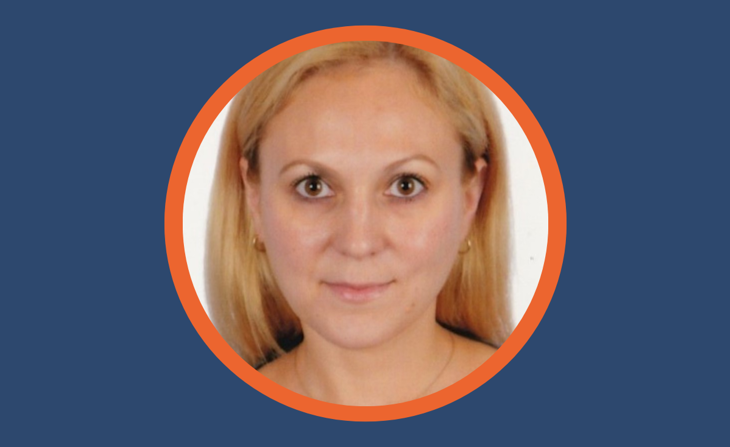
Natalia Soboleva: In Switzerland, we have been observing not only a low, but a negative interest rate environment for several years. Every investor is thinking about ways to invest. Even negative yield investments are being considered to some extent. Based on the current developments and especially, after Swiss National Bank released the currency rates against Euro in 2015, we do believe that this environment will remain at least for the medium-term (i.e., over the next five years).
There are several ways to address the current low to negative interest rate environment. One of which (that we increasingly see over the years on the insurance asset management side) is increasing investments into the real estate and mortgages.
On average, real estate have been continuously providing a net return over 2%, while mortgage interest rates fluctuate, but generally remain above 0.5%. As a consequence, the price of real estate has been continuously rising since 2015 with the trend remaining strong in 2020 according to the Credit Suisse Real Estate market overview. We constantly monitor the market and real estate is certainly one of the topics on our agenda.
“We do believe that this environment will remain at least
for the medium-term.”
As insurers, we invest into sound investments, and don't speculate on the markets. However, another way to address the negative interest environment is looking into investments denominated in currencies other than Swiss Franc around the world.
The main currencies for us remain US Dollar and Euro. While Euro interest rates are negative (similar to Swiss Franc), US dollar interest rates are positive. We do look into dollar denominated investments constantly evaluating the related hedging costs against foreign currency fluctuations.
And of course, we are looking into bond strategies with longer duration although not expecting any significant returns.
Natalia: We are rather selective in this area and have implemented strict requirements. Direct investments are only allowed into domestic market.
Our main attention constitutes commercial property (office buildings in prime locations) as well as residential properties in bigger Swiss cities. Here, we observe quite a competition among investors looking for the sound and profitable long-term investments.
One trend observed on the market in connection with the COVID-19 home-office rules, which has become a global catchphrase since the beginning of the pandemic, is the increasing demand for coworking spaces.
Different studies shows that people got tired of being alone at home and whenever they have a possibility they prefer going to a near-by coworking space. The later became not only a working space, but more a place for social interactions.
“Obviously, Zurich and Geneva are by far the most expensive
but also the most attractive.”
Why are real estate investments so attractive? The initial investment is quite high. There are also some regulatory restrictions imposed by Lex Koller law since 1983 which is restricting foreigners to purchase properties in Switzerland. That also concerns all companies whose mother company is a foreign company.
On top, the management and maintenance fees are high determined by the high labour costs. Nevertheless, high rent income compensates it all. Real Estate market in Switzerland is a supply market rather than a demand market for good properties setting the average occupancy rates at 85-90%% and above.
Certainly, location plays a critical role. Obviously, Zurich and Geneva are by far the most expensive but also the most attractive.
In summary, the main property features we look at are:
Natalia: There are different aspects to be considered in this area. From a unit-linked perspective (funds we manage on behalf of our customers), you can't really do private equity investments unless they are traded on the markets. One of the main requirements to the UL Investments is liquidity and a daily NAV to be provided. Without this, the investment is considered illiquid and generally, will not be allowed.
For traditional assets (shareholders’ capital) of course, this is one of the opportunities and another ways of addressing negative interest rate environment considering the risk-premium returns. It is also a market for most impact funds – should one look into impact investing (private equity, private debt). For us, it's just too illiquid at this moment, but we do not completely “write it off” from the radar.
Natalia: As mentioned, we believe that for at least five next years the situation will not change significantly. Our best estimate for tomorrow is based on today’s view. Saying that, we do believe that today in five years the low interest rates will dominate and further put significant pressure on our decisions in a demanding and volatile market environment.
Should the market turn and the interest rates move upwards, that will be a big challenge for all market players including institutional investors to react fast in addressing the changes. One could not exclude this from a basic scenario.